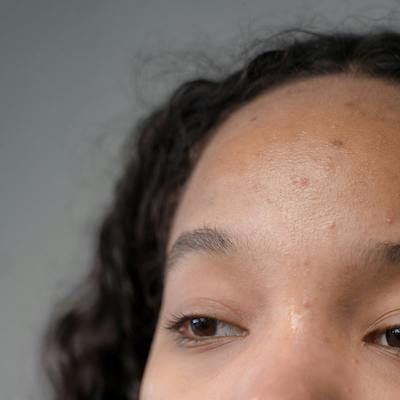Article
Researchers Use Crowdsourcing to Identify Which Topics Are Most Important to Patients with Atopic Dermatitis
Author(s):
The aspects of atopic dermatitis that most concern patients and their caregivers are not well represented among the areas that are studied in clinical research.

The aspects of atopic dermatitis (AD) that most concern patients and their caregivers are not well represented among the areas that are studied in clinical research, according to a recent analysis of the disease-related topics in social media and in published research.
Researchers in the Department of Biomedical Informatics at the University of Utah collaborated with Korey Capozza, MPH, an investigator in the advocacy group, Global Parents for Eczema Research, to develop a "topic modeling" computer program to analyze both the themes in online social networks of active atopic dermatitis communities, and the topics of atopic dermatitis clinical research for the same time period.
Their findings were reported in article, titled “"Crowdsourcing" a Patient-Centered Research Agenda for Pediatric Atopic Dermatitis,” published in the December issue of the International Journal of Dermatology.
Capozza and colleagues pointed out that although the Patient-Centered Outcomes Research Institute was funded by the Affordable Care Act to promote research "that matters to patients,” implementing such studies has remained daunting.
"One challenge associated with this new type of research is the upfront, potentially cost-intensive work of obtaining robust input from patient and caregiver communities as to the questions and issues of highest importance," Capozza and colleagues explained.
As an alternative to extracting and prioritizing issues related to atopic dermatitis from surveys or interviews, the investigators developed and applied a topic-modeling computer technique to extract and categorize comments from the inconsistent language of online discussions. Thirty-seven recurrent topics were derived from approximately 10,000 online posts between April 2011 and October 2014.
The most commonly raised issues related to topical treatments, concerns with side effects, and potential effects of diet on the disease process. Additional topics ranged from optimal bathing practices to the possible role of climate.
Capozza and colleagues reported that 70 percent of the topics mentioned by patients were not addressed by the clinical research published in the same time period. Further, the dominant topics of the research, such as skin immunology, risk factors, and pathogenesis were not among the prominent online issues.
While acknowledging the imperative to research underlying mechanisms and potential treatments, Capozza and colleagues argue that research can also address the concerns of patients. “Our research suggests that there is a clear need for clinical research that focuses on pragmatic questions of relevance to patients -- such as what patterns of steroid use lead to side effects, or how diet can affect AD flares.”
Related Coverage:
Quality of Life Gains Importance in Atopic Dermatitis Studies
How Big a Problem is Atopic Dermatitis NEA Asks
Pharma Researcher Advocates Tracking MS Patients Social Media Posts

Study Compares ChatGPT-4 Diagnostic Abilities to Teledermatologists




